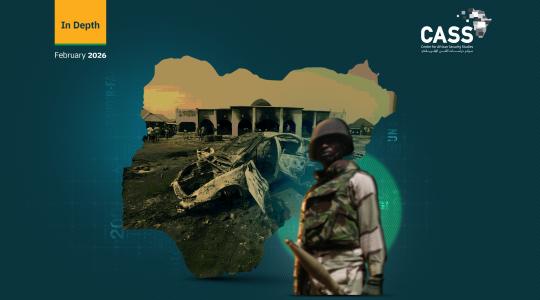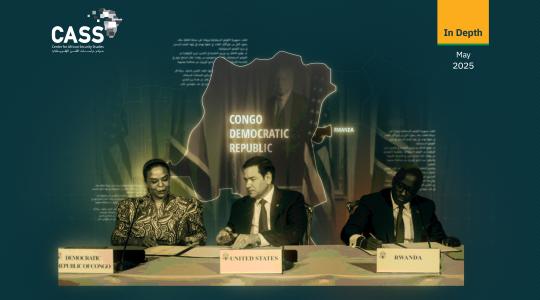On March 10, 2024, the heads of Libya’s three main governing bodies met in Cairo in yet another bid to break the conflict-wracked country’s perennial political stalemate. Those present included the President of the Presidential Council, Mohammed Al-Manfi, the Speaker of the House of Representatives, Aguila Saleh, and the Chairman of the Supreme Council of State, Mohamed Takala.
Egypt had proposed such a meeting two months ago, offering to host the heads of the three councils without extending invitations to the Prime Minister of the Tripoli-based National Unity Government, Abdul Hamid Dbeibeh, or eastern-based military commander Khalifa Haftar.
Takala and Manfi used the meeting to table Dbeibeh’s roadmap, which consists of holding parliamentary elections alone and unifying the country’s two de facto governments under his own administration, as well as amending laws proposed by the 6+6 Committee, a group drawn from Libya’s two rival legislative bodies and tasked with drafting legislation around presidential and parliamentary elections.
Saleh, for his part, conveyed Haftar’s vision of setting up a unified Libyan government from scratch, tasked with supervising the elections. The goal of this proposal was to obtain more concessions from Dbeibeh in order to give Haftar as many seats as possible in the resulting government.
Predictably, the meeting ended without addressing the parties’ fundamental differences. They made do with agreeing to form a technical committee to amend the proposals of the 6+6 committee, and to meet again, most likely in Tunisia, at an unspecified date in the future.




